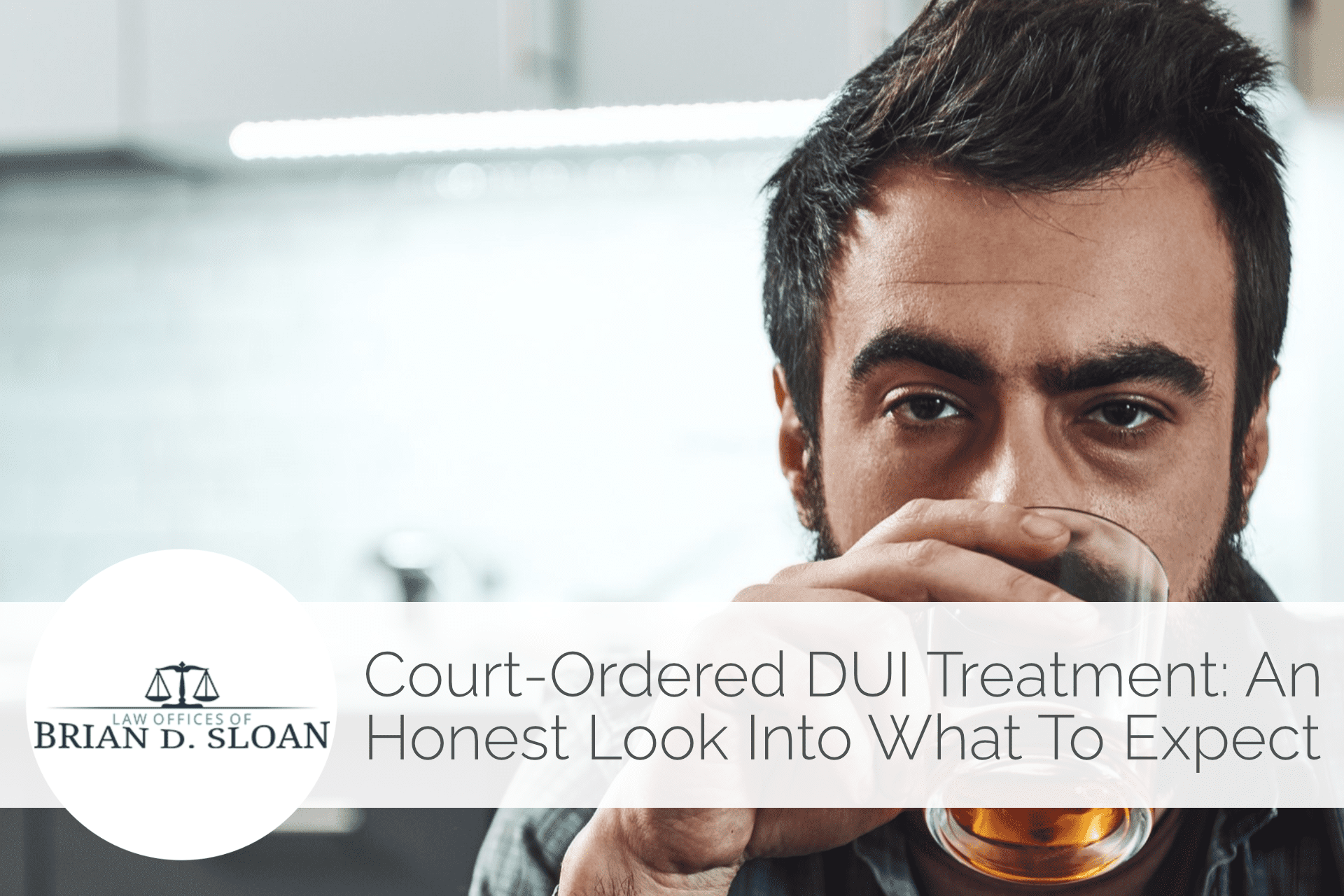What To Expect From Court-Ordered DUI Treatment
Operating a vehicle under the influence of alcohol is considered a crime in all 50 states. If you get caught behind the wheel with a 0.08 (or more) blood alcohol content or BAC, part of your court order can include enrollment in drug or alcohol treatment. In some instances, a court-ordered treatment can take the place of a jail sentence.
While the help of an experienced DUI defense lawyer can come in handy during the proceedings, only court-ordered DUI treatment can give you the opportunity for sobriety so you can function better socially, whether at home or in the community. Court-ordered treatment can also help empower you to live a more balanced and addiction-free life.
Court-Ordered DUI Treatment Eligibility
Contrary to popular belief, you won’t be automatically sent to a treatment facility once convicted of DUI. Your eligibility for court-ordered DUI treatment will depend on a few crucial factors, including:
- Past DUI offenses
- Your level of intoxication at the time of your arrest
- Whether the accident resulted in property damage, serious injury, or loss of life
- Whether you have attended alcohol education in the past
Some states will require those convicted of DUI to attend mandatory therapy before their license can be reinstated.
Common Court-Ordered DUI Treatments
If you are a first-time offender and not involved in any additional significant crimes, you will likely be required to attend a state-certified drug and alcohol education course. Depending on the court’s ruling and the state you are in, the course can run anywhere from 12 to 24 weeks.
- You will attend weekly meetings at the treatment center
- Classes are often held as group sessions
- You will be paying for the sessions, and the price can vary from one center to another
- Most treatment centers carry out random alcohol and drug tests
In addition to outpatient or inpatient treatment, you may be required to regularly attend Alcoholics Anonymous (AA) or Narcotics Anonymous (NA) meetings.
- AA and NA meetings are free of charge
- Both are based on the “12 Steps” program of recovery
- While both programs have a religious element, religious belief is not obligatory
- Meetings are conducted at all times of the day and night in various locations
Inpatient Rehabilitation
If your sentence includes mandatory enrollment in an inpatient rehabilitation center, you will have to complete a 30, 90, or 180-day program. However, in some instances, the court might impose a longer-term. Here’s how inpatient rehabilitation works:
- You will be in a new environment. This keeps you away from the influences and pressures that will cause you to drink or do drugs.
- You will be with people who will share the same fears, hopes, and struggles.
- You will have access to effective techniques and programs that have helped millions of people deal with their addictions.
- You will have access to support that can help you with your recovery.
- You will be given healthy and nutritious meals and the medical care your body needs.
Effectiveness of Court-Ordered DUI Treatment
Some people have expressed their concerns regarding the effectiveness of DUI treatment programs. Many argue the attempts to minimize alcohol recidivism might not work because they are “forced” and it’s not the personal choice of the defendants. Many studies, however, have proved otherwise.
According to the National Institute on Drug Abuse, many of the defendants referred by the legal system have exhibited good treatment outcomes. They also have a much higher completion rate than those who entered the program on their own. Overall, they also showed sustained recovery.
According to the National Institute on Drug Abuse, mandated treatment can produce the following results:
- Increased treatment retention rates
- Increased treatment entry
- Increased drug intervention success
Just like any form of treatment, getting active support from friends, family, co-workers, and church members can also help boost one’s resolve to be sober.
Over to You
At times, you might feel that your addiction has gotten the best of you. If anything, many people have felt that way at one point or another, yet they managed to beat their addiction, live with joy, and embrace their recovery. If you didn’t voluntarily go into treatment, treat your court-mandated DUI treatment as the perfect opportunity for you to beat your addiction and gain control of your life again.










